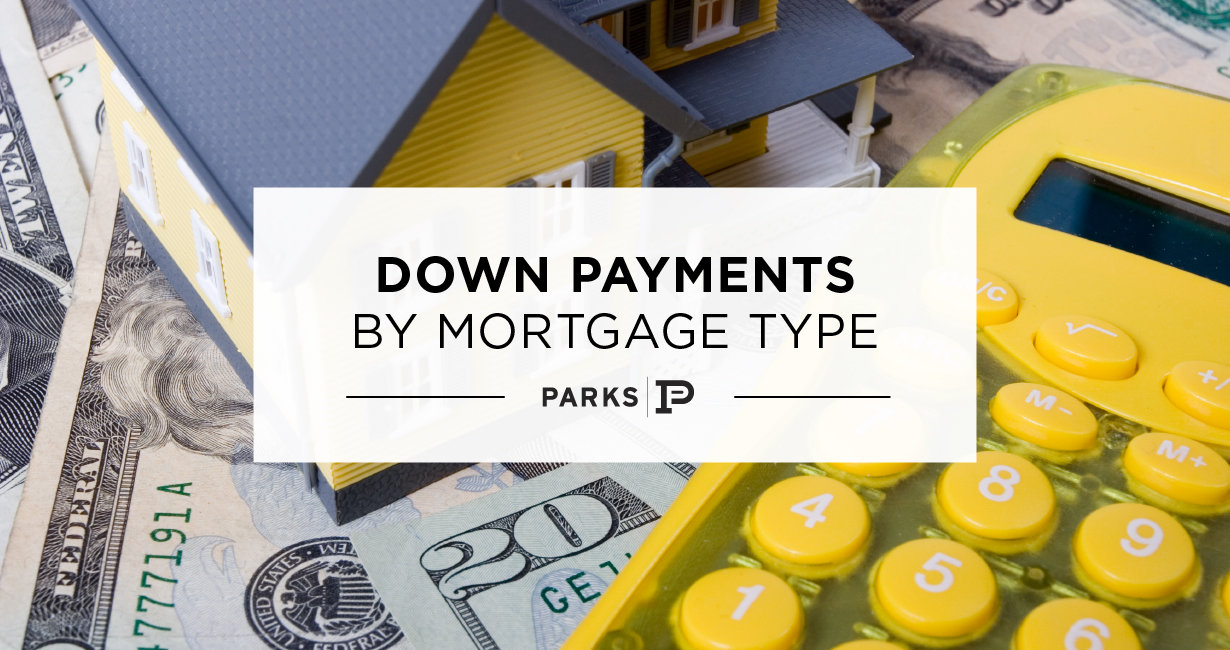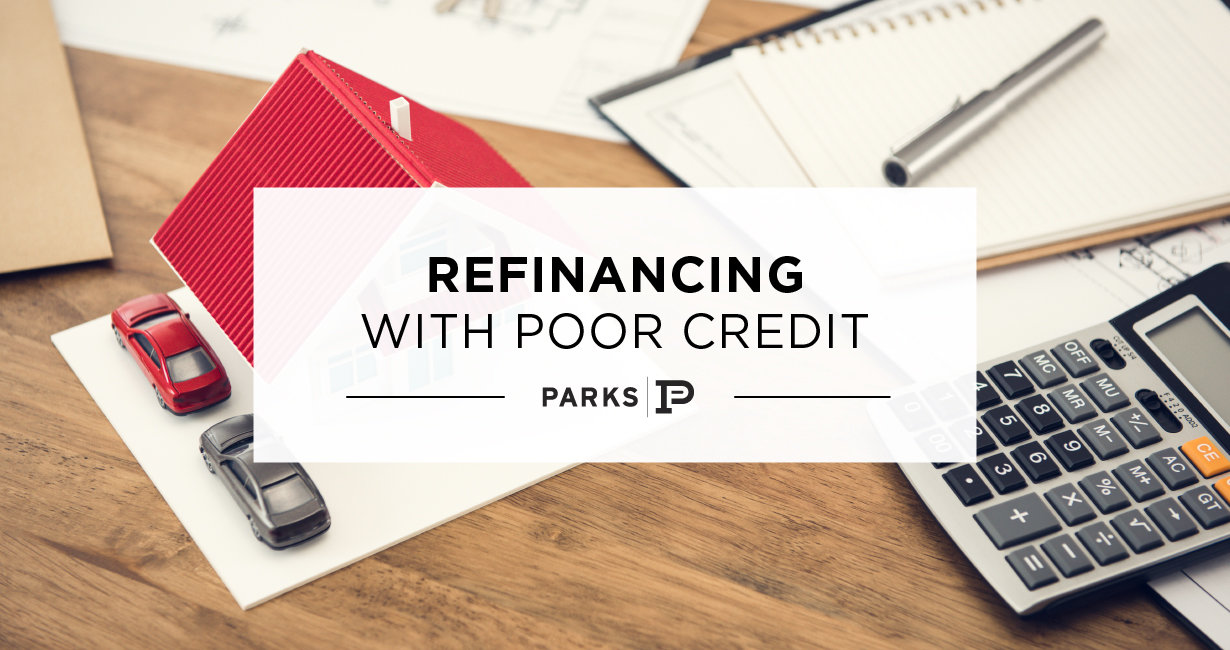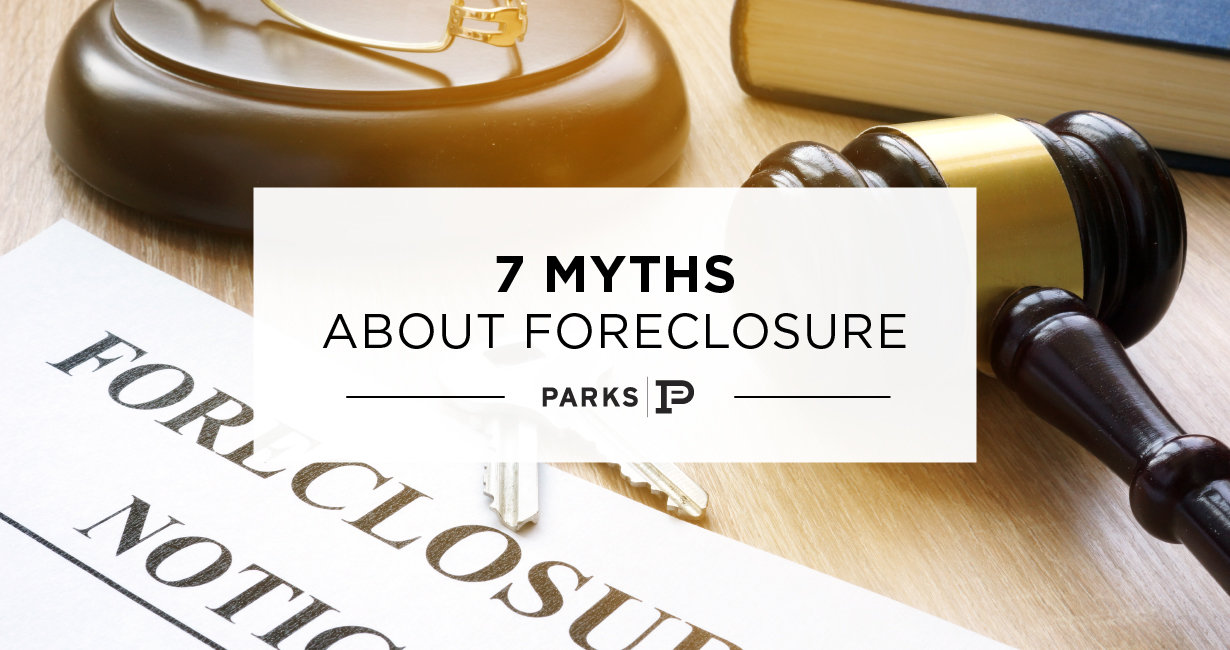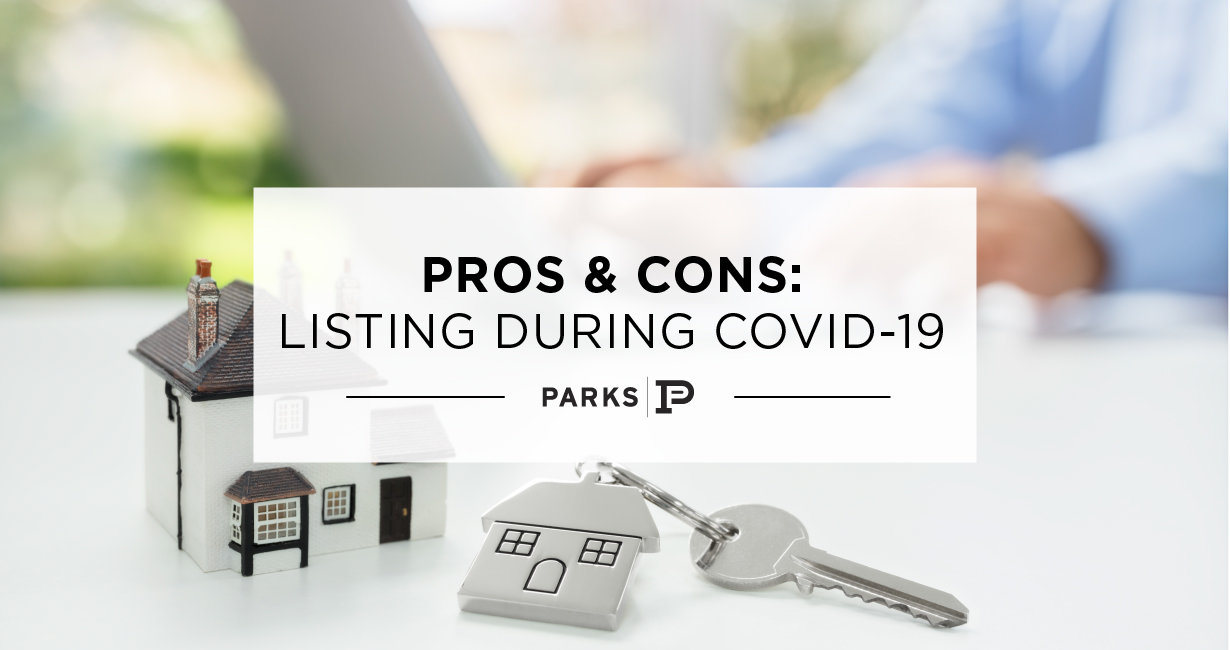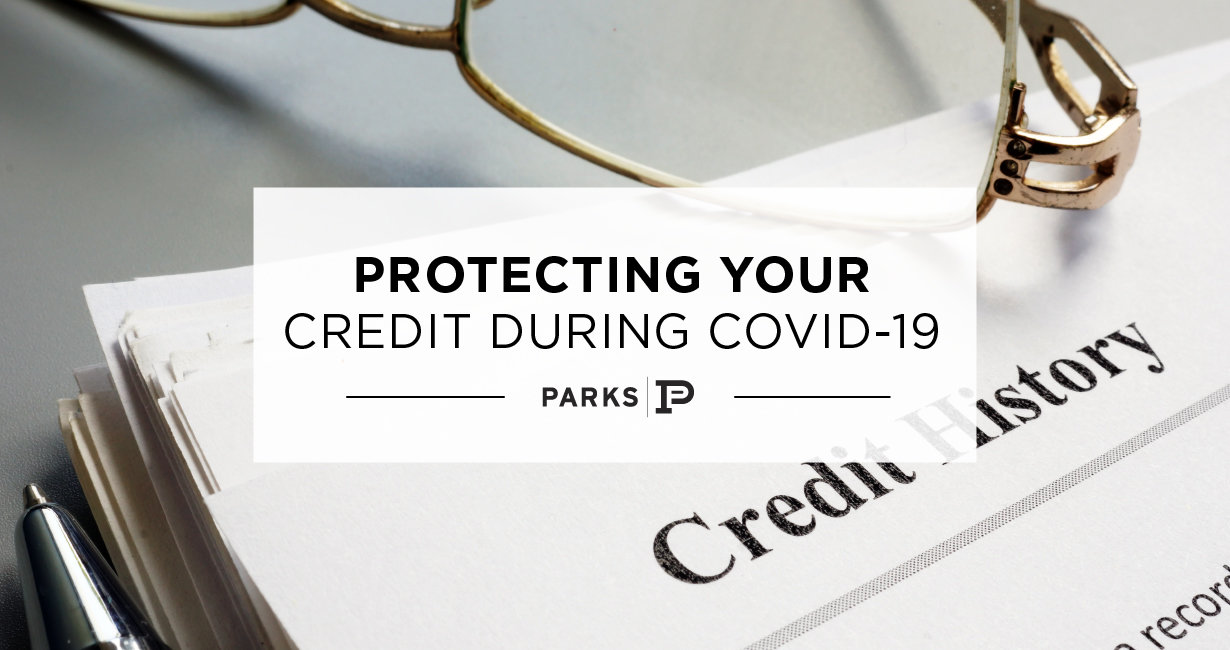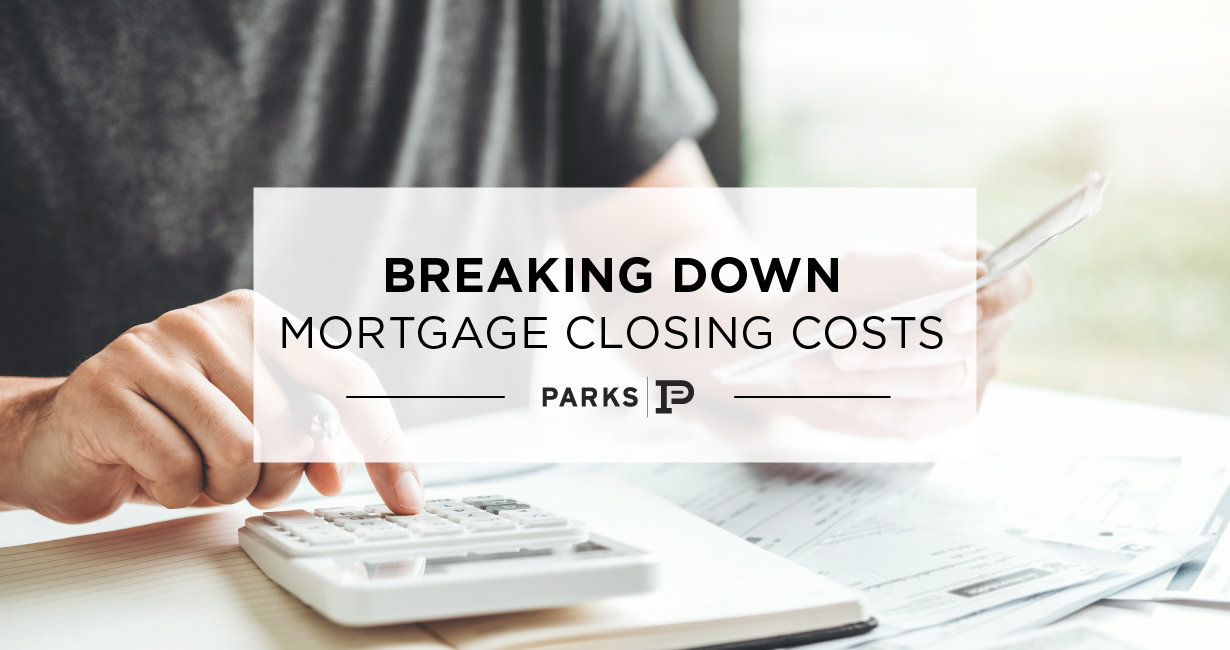
If you’re seizing the moment this year by purchasing a home in Middle Tennessee, you’ll have dozens of beautiful areas to choose from. The first step toward narrowing down your dream neighborhood is determining whether the city or the suburbs are right for you. Today, we’re examining the pros and cons of life in both the city and the suburbs.
Depending on what you prioritize at this stage of your life, you will likely feel strongly drawn toward one way of life or the other. Whichever you choose, remember that properties tend to increase in value over time, so if you decide to pack up and move into—or out of—the city, contact Parks Realty for assistance making the leap ASAP!
Pros of Living in the City
1.) Reduced Commute Time
Let’s face
…